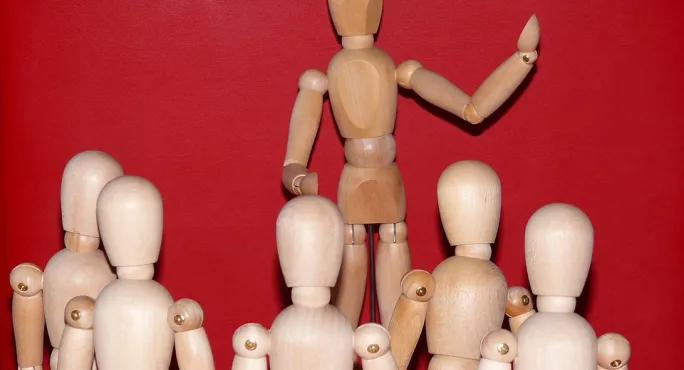
Get the best experience in our app
Enjoy offline reading, category favourites, and instant updates - right from your pocket.
Pedagogy Focus: Philosophy for children
Next in our Pedagogy Focus series, we ask: what is philosophy for children and how is it used in lessons?
Share
Pedagogy Focus: Philosophy for children
https://www.tes.com/magazine/archive/pedagogy-focus-philosophy-children




